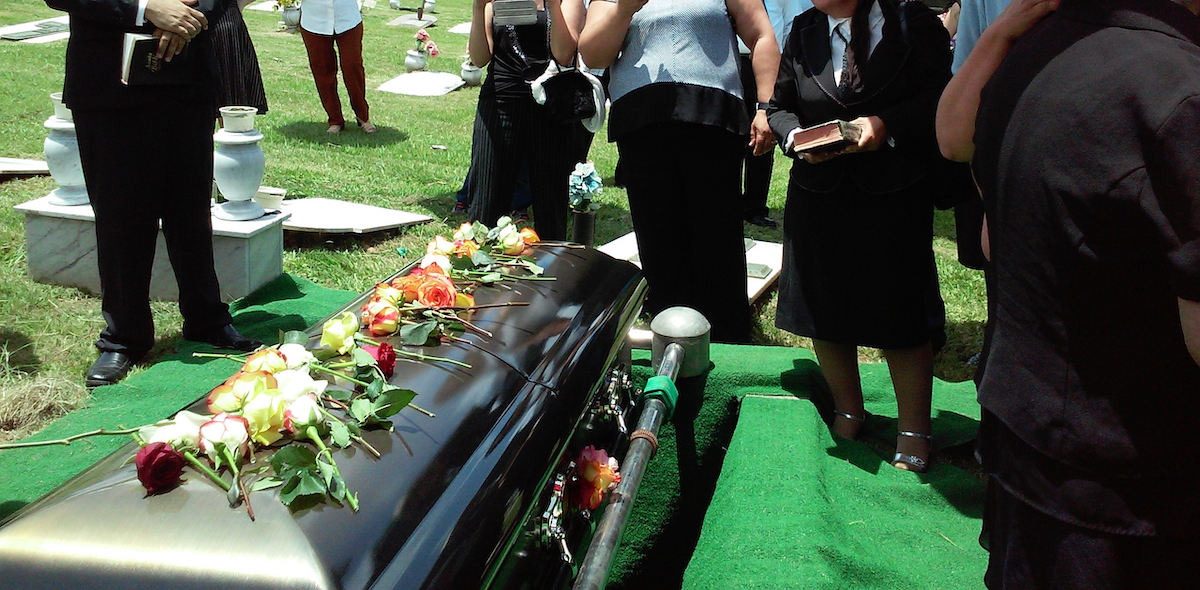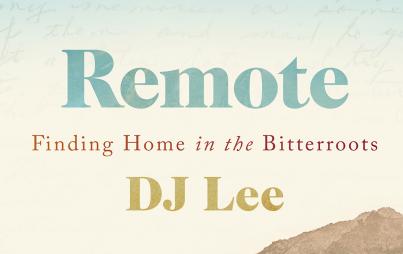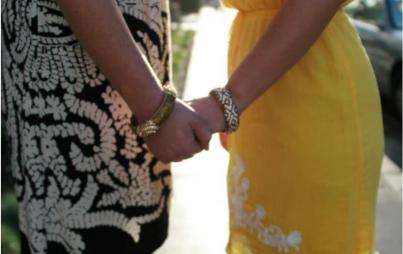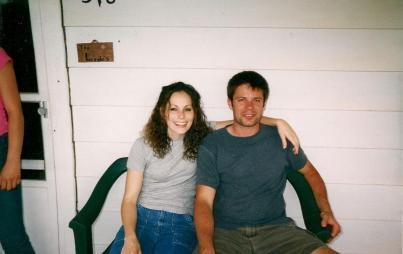
Photo by Rhodi Lopez on Unsplash
This article first appeared on The Good Men Project and has been republished with permission.
I was walking with my uncle down Jamaica Ave in Queens NY. We were leaving the memorial service of his only son, David. As much as my Uncle tried to hide it, his body language revealed the pain of helplessly watching his only child die.
His son’s body was cremated and his belongings were gathered and donated to friends and family. The memorial was an important part of the grieving process, but the difficulty of mourning, healing, and carrying-on after the death of a loved one is an affair with little guidance.
Death is hard not only because of emotional pain of saving goodbye. It is hard because we define ourselves in relationship to those around us. Letting go of someone close forces us to reevaluate who we are and how we fit into the world.
I’m not sure we can ever be fully prepared to say that final goodbye. But we can be better equipped to handle these experiences, both individually and collectively, if we acknowledged the imminent reality of death. We need to learn how to close relationships the same way we learn how start them. We also need to learn how to redefine ourselves and let go of identities and labels that are no longer relevant.
As A Culture We Are Terrible With Death
Death is a strange topic in America. Not only is it at odds with our highly productive consumerist culture (i.e. dead people can’t produce or buy anything), but it also leads to a territory for which our treasured scientific establishment can provide no answers.
What happens after death? For the deceased, no one really knows. For the living, it’s a painful process of letting go and redefining what it means to still be here and continue living.
Just because beliefs about death are largely a matter of personal conviction and faith doesn’t mean that it needs to be relegated to conversations behind closed doors. Our tendency to avoid talking about death denies our collective responsibility to talk about that fact that we are all going to die.
It’s time we address how to integrate loss into our lives and face death head on. We need a broader a cultural conversation about:
• How to stay goodbye when we’d rather not.
• How to let go when we’d rather hold on.
• How to openly and honestly express our thoughts and feelings about the pain of loss.
• How to accept and befriend the hurt of being left behind.
• How to close relationships and carry-on.
• How to redefine ourselves when our labels and roles as fathers, brothers, or husbands no longer exist.
We don’t need to wait until the pain and grief are unbearable to learn how to find a healthy way to experience and express these feelings. We can do a better job conversing about, preparing for, and normalizing death.
You Might Also Like: Talking To Toddlers About Death And Poultry Is Unnerving
The Consequences Of Never Talking About Death
I remember when I was with my Uncle after his son’s memorial service. I was searching for the right things to say but drew a blank.We all anticipate (although don’t like to talk about) having to bury our parents, but when the unthinkable occurs–parents having to bury their children–we are woefully unprepared.
Of course I wanted to be supportive, but I had never been taught what do. School taught me how to make friends, but never how to leave them. I had no idea what kind of emotional response was normal, let alone how to validate or console someone in mourning. I was left only with my compassion and faith to guide me.
I solemnly told my Uncle that he no longer needed to let his life be dominated by his son’s illness. He no longer had to define his days by being a caretaker. The future was still ripe with possibility. It was a perfect time to reinvent himself.
As painful as this can be, this is what accepting death is all about—letting go a part of your life that you once held dear and choosing to move forward nonetheless. This is true for divorce, retirement, or severing long-time friendships. Learning to accept and befriend this experience of death at the physical level and the identity level and is the gift and curse of living.
However, its human nature to get overly attached to things, especially to the stability of our well-worn relationships. We assume our labels and our roles as fathers, brothers, or husbands will go on forever. We mistake these labels as who we truly are and close ourselves off to further revision.
The irony is that this grasping stifles the dynamism of being a human on planet earth. It leads to a lifeless attempt to control and micromanage our experience to preserve these labels without truly opening to the vicissitudes of life—denying death results in living a life that is, at its core, dead.
Death Reminds Us That We Are Always Capable Of Reinventing Ourselves
Anyone who has lost someone close, ended a long relationship, or been forced to say goodbye before they were ready understands that it’s a painful and disorienting experience. But fully feeling and moving through this is a dual process of grieving and reinventing. As a culture we should support both of these processes with community and education.
If there is a gift of death to be celebrated, it is the possibility of reinvention. Death reminds us to view our “self” as an activity, a process. Crafting our identity is something we do, and something we can learn to do more skillfully. It gives us the choice to not just invent our self, but to re-invent ourselves as life demands.This gives us the flexibility to not get emotionally bound to one strict identity, even if it served us well in the past. As hard as it might be to let go of our past selves as father, husbands, or brothers, we can transcend outdated stories that are no longer serving us.
With death in the conversation, we don’t need to relentlessly protect and defend static conceptions of who we think we are. For me, this is the true path to human flourishing.
Here’s to talking about death and accepting the of letting go—not just of others, but of who we thought we were—and consciously reinventing who the world needs us to become.








